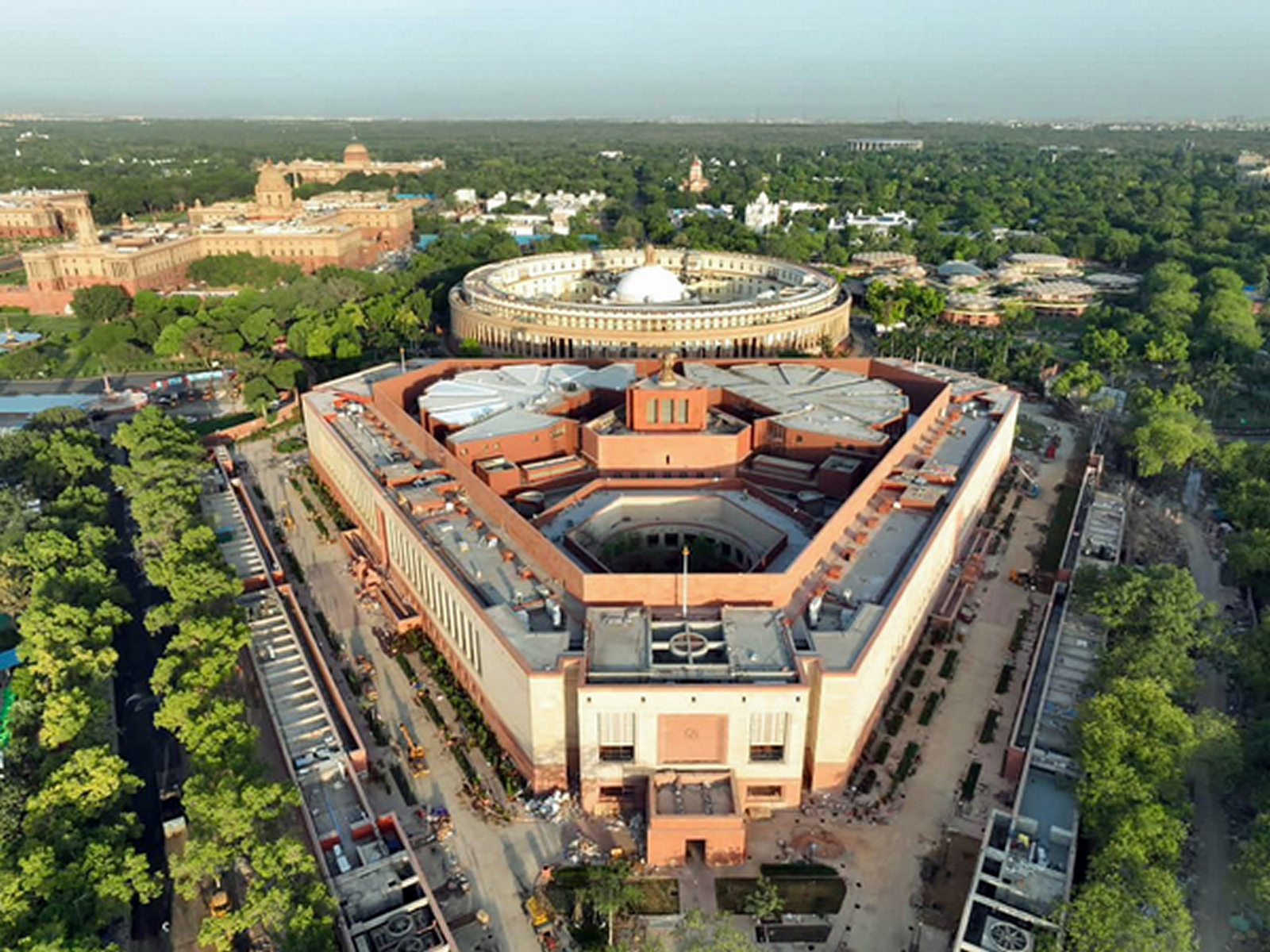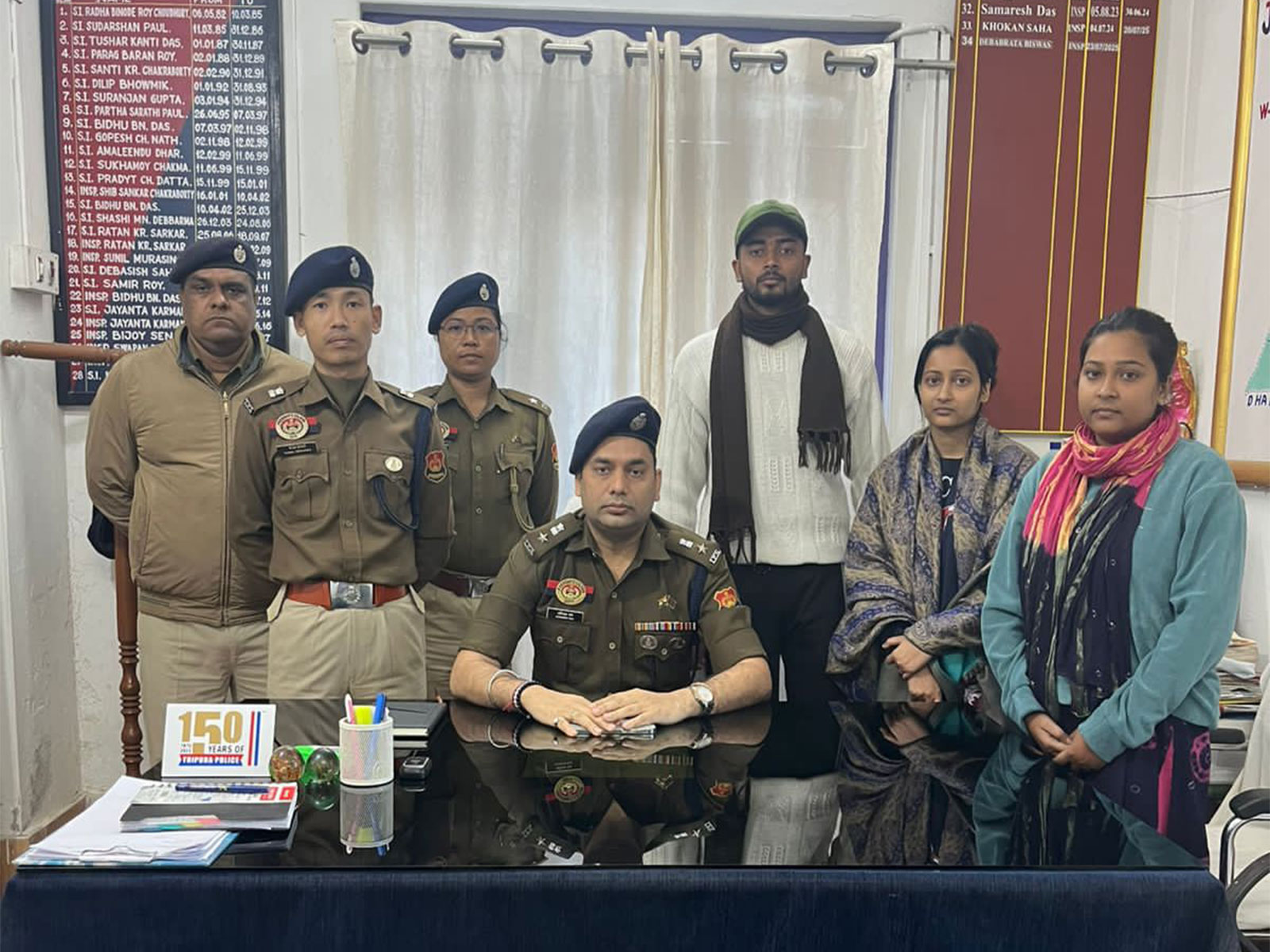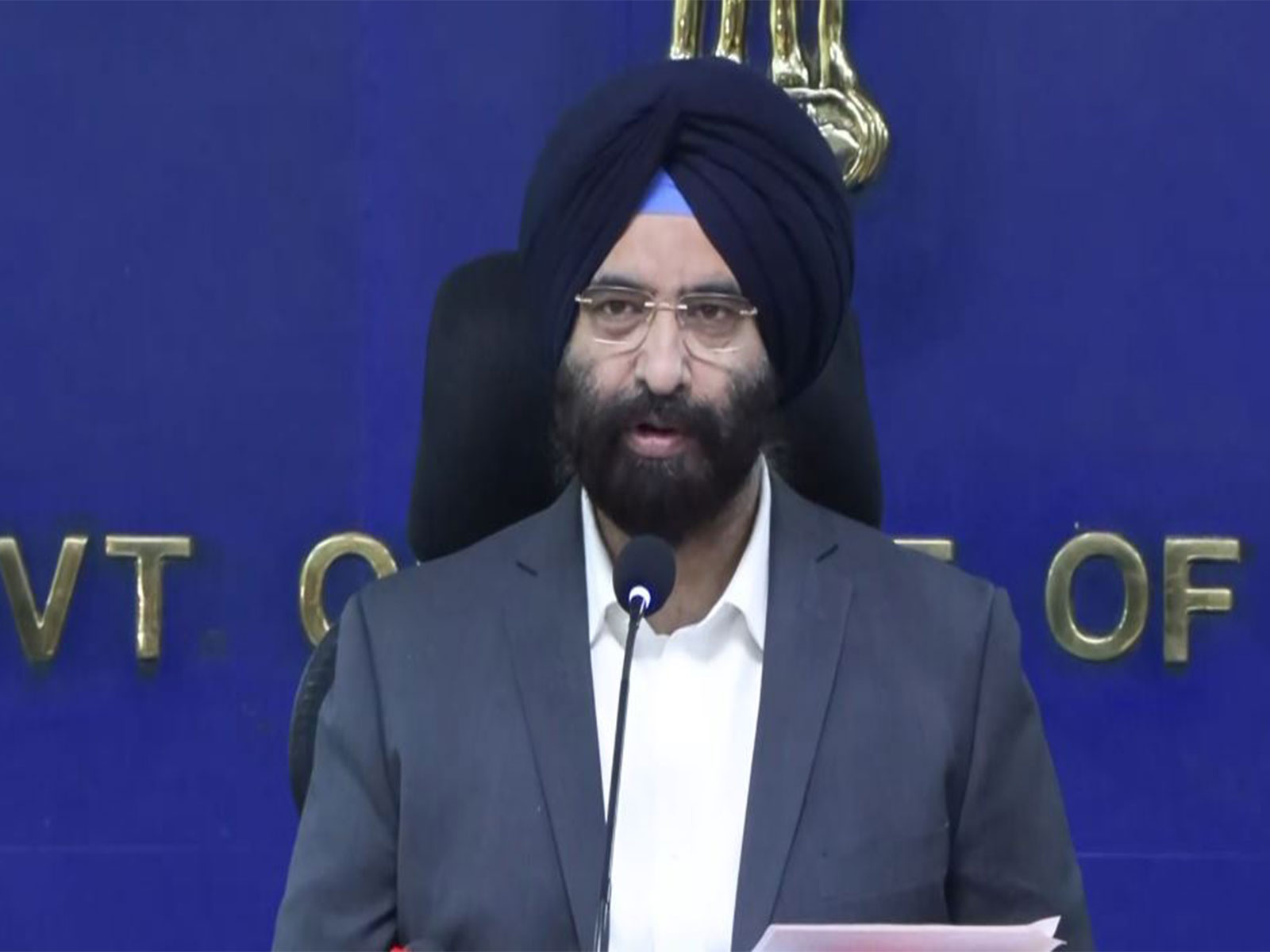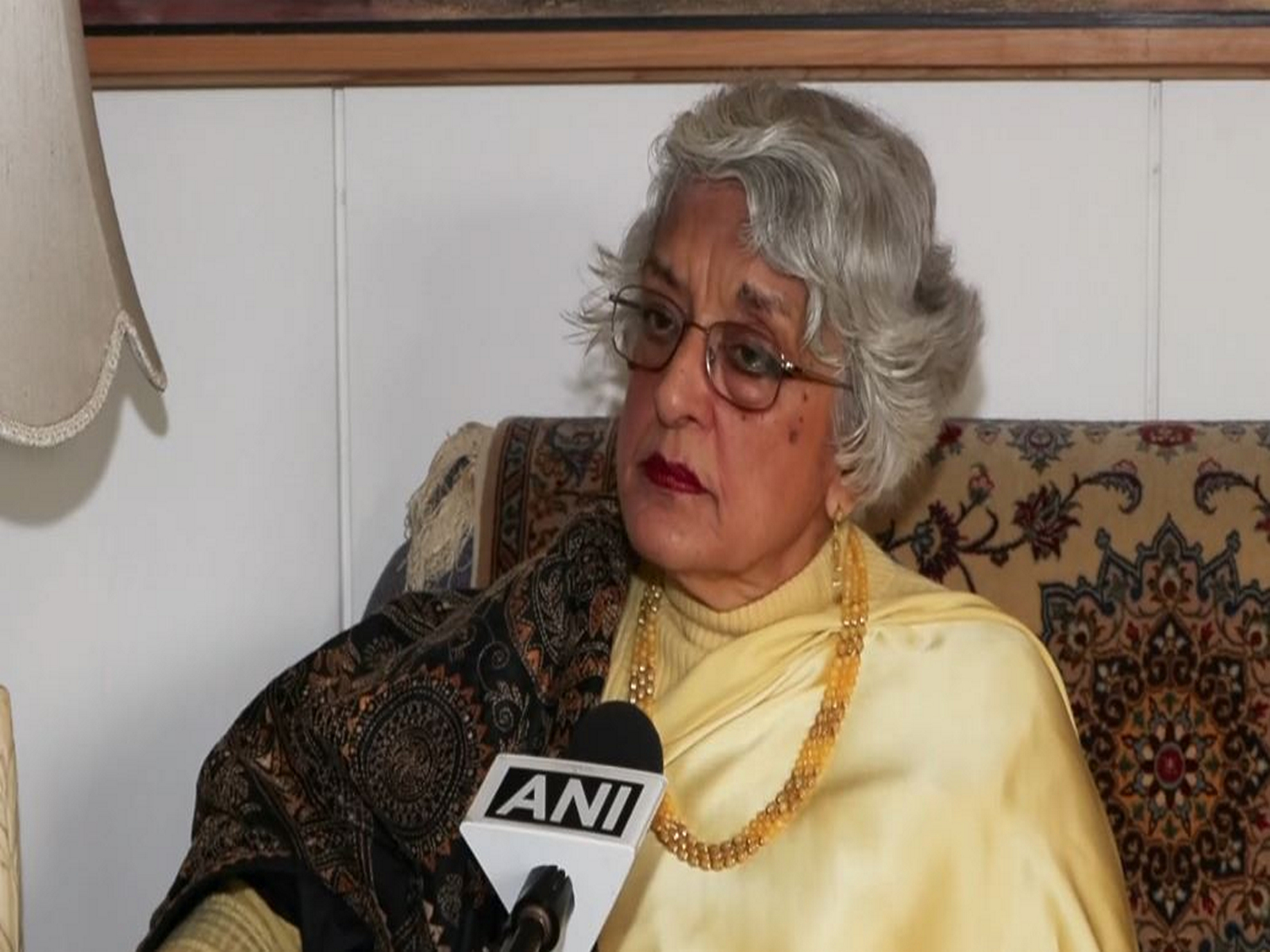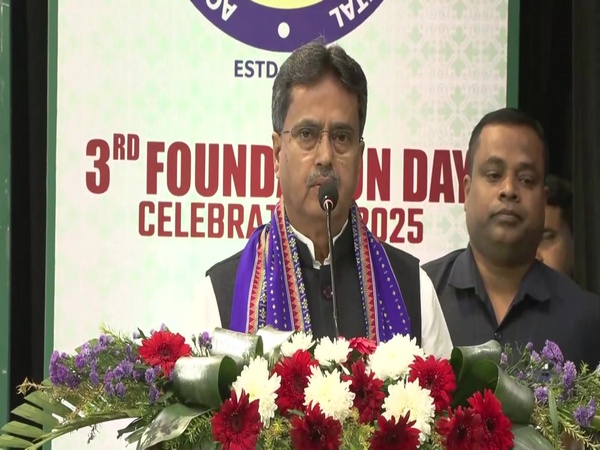Westernisation of diets, unhealthy sedentary lifestyle cause of fatty liver: AIIMS Delhi
Jul 28, 2023

New Delhi [India], July 28 : Raising awareness about Hepatitis on the occasion of World Hepatitis Day, AIIMS Delhi on Friday stressed upon the importance of having a healthy liver.
AIIMS said the “westernization” of diets, increase in the intake of fast food, lack of healthy fruits and vegetables, and an unhealthy sedentary lifestyle were the primary reasons for disease, which is increasingly prevalent not just in adults but also among children.
“As we commemorate World Hepatitis Day today on 28th July, it is important to educate the public about hepatitis ("inflammation in the liver"),” AIIMS stated in a release on Friday.
It added, “The current year's theme "One Life, One Liver" stresses the importance of a healthy liver to lead a healthy and meaningful life”.
Notably, hepatitis can arise from damage to the liver from certain viruses (such as hepatitis B and hepatitis C), alcohol intake, metabolic disease leading to "fat" deposition in the liver and certain drugs. The hepatitis B and C viruses can also cause chronic liver disease leading to long-term complications.
“The WHO aims to reduce new cases of hepatitis by 90 per cent and mortality by 65 per cent by 2030. This can be achieved by preventing hepatitis B and C transmission by various methods such as safe transfusion practices, safe sexual practices achieving universal vaccination for hepatitis B. For those already infected, there are cheap and generically available antiviral drugs for both hepatitis B and hepatitis C, which can further reduce the mortality in those already infected. These medicines are available free of cost in Government hospitals and dispensaries,” the release stated.
AIIMS cited a study from the Department of Gastroenterology and HNU, AIIMS, New Delhi, which has shown that hepatitis A and E constitute 30 per cent of cases of acute liver failure, with high mortality of over 50 per cent. The spread of hepatitis A and E can be largely prevented by ensuring access to safe and clean drinking water.
It further cited a recent study (meta-analysis) which analyzed all studies on Non-alcoholic fatty liver disease published in India, reported that more than one-third (38 per cent) of Indians have a "fatty liver" or "metabolic dysfunction associated steatotic liver disease" previously called non-alcoholic fatty liver disease (NAFLD).
“This is not restricted to adults but affects nearly 35 per cent of our children as well. It is often unrecognized since it does not cause symptoms in the early stage but may progress in some patients with severe liver disease. The cause of "fatty liver" or "steatohepatitis" is the recent westernization of our diets, which involves an increase in fast food, a lack of healthy fruits and vegetables, and an unhealthy sedentary lifestyle. It is considered the "liver counterpart" of metabolic diseases such as diabetes, hypertension and heart disease,” the release stated.
Although there is currently no approved drug treatment for "fatty liver" due to NAFLD, this disease is reversible.
“The only way to conquer this new epidemic is to adopt a healthy lifestyle and achieve weight loss in obese individuals through adequate diet, restricting junk and sugary food intake and exercising regularly,” the release added.
It further stated that alcohol intake remains a common cause of liver disease in India and it can lead to "alcoholic hepatitis" and cirrhosis, which can progress to liver cancer and death.
“Alcohol accounts for most of the cases of severe liver damage which are admitted to the hospital with diagnosis such as "acute on chronic liver failure" and have a high mortality. What makes matters worse is a very high recidivism rate in the few patients who survive this disease and no specific drug available to treat alcoholic hepatitis apart from strict alcohol abstinence. The only way to avoid this deadly disease is to avoid alcohol intake, as no alcohol is safe for the liver,” the release stated.
According to AIIMS, the counter use of common drugs which are generally considered safe may also lead to damage to the liver. Drugs used for the treatment of tuberculosis, antibiotics, antiepileptic drugs, and chemotherapy, are also associated with liver injury, as are those taken as complementary and alternative medications (CAM).
A study from AIIMS, New Delhi, reported 67 per cent death among patients with anti-tuberculosis drug-related acute liver failure. Of all patients with anti-tuberculosis drug-related acute liver failure 60 per cent were started on medicines without confirmed tuberculosis. Self-medication must be avoided, the release stated.
